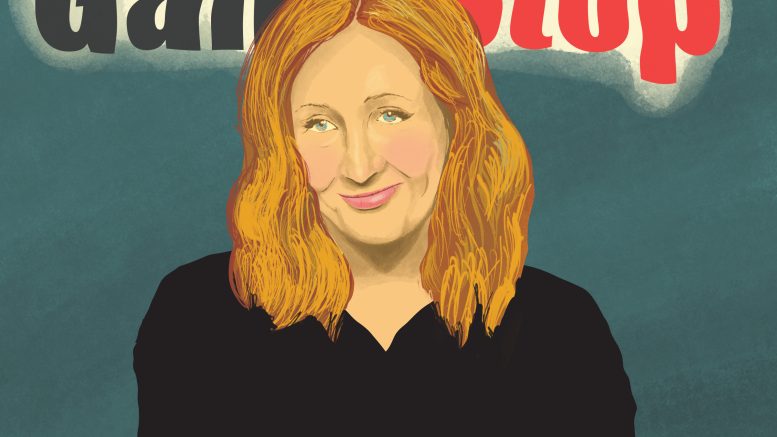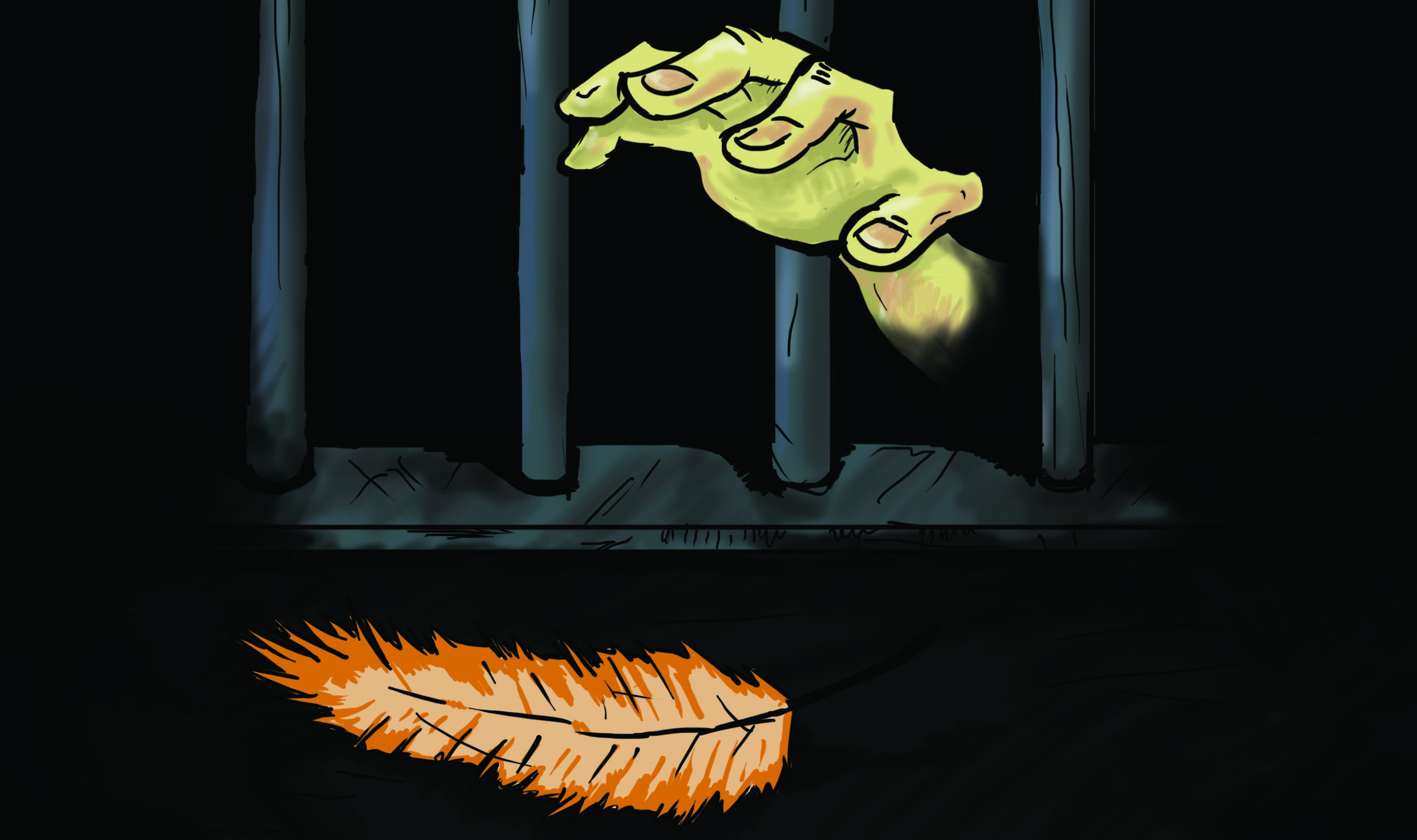Within in the world of video games, Hogwarts Legacy is already on pace to be a top seller when it releases later this month. While there has been quite a bit of hype for this game, it has also caused a fair amount of controversy. In my opinion, this controversy is not unreasonable.
The game is set within the Wizarding World of Harry Potter. The franchise was famously — now infamously — established by controversial author J.K. Rowling.
Rowling has made numerous transphobic statements, attacking transgender activism by implying that it hurts women, referring to trans people as their assigned gender at birth rather than the gender they are and pushing an anti-transgender narrative.
Needless to say, Rowling’s statements are incorrect, gross and harmful. Because of these statements, many feel that it is wrong to buy or platform Hogwarts Legacy. While not involved in the production of the game directly, Rowling holds the publishing rights for the Wizarding World and will profit from the game. So, whether gamers like it or not, buying this game results in financially supporting a transphobe. And yes, you have a moral responsibility to know that. By supporting people or companies who harm others, we deem their behaviour to be acceptable.
While Rowling is bad enough, there are more extreme scenarios of this as well.
For example, the United States Department of Labor has reported that within Ghana and Côte d’Ivoire — countries that supply nearly 60 per cent of all cocoa around the world — there are 1.56 million child labourers involved in cocoa production. In 2019, representatives from Hershey, Nestlé and Mars could not guarantee that the chocolate their companies sold was made without child labour.
This raises the question of whether even buying a chocolate bar means that you are
supporting the exploitation of children.
My answer to that question is yes. You are voting with your wallet when you buy products from a corrupt company. While it can be difficult to live a moral life financially, we all have a responsibility to make an effort to understand and do better.
Naturally, there are certain situations where we can never really know if a person or company is engaging in bad practice. But when we do know or have a strong suspicion, we should seriously consider not supporting that person or company.
However, I am not saying that people need to cut off contact with a family member because they made an off-colour joke. Tell them to knock it off and explain why what they said was wrong, but we need to pick our battles.
Nobody is perfect, but there is a major difference between ignorance and targeted hate or exploitation. Rowling, for example, is engaging in targeted hate against a marginalized group of people, and the chocolate industry is benefitting from the mass exploitation of children.
I may not be looked to as being in a position of moral authority, and I probably should not be. However, I do know that supporting transphobia, as well as child labour and slavery, is wholly wrong. It would be easy to say that regardless of what we do, these characters will continue to profit. While this may be true, it is a deflective statement.
We always have a choice in what we allow and encourage.
We might not always make the best choices. It may be that, no matter what we do with our money, we are supporting some kind of bad actor or outright villain, but we can try to make better choices.
If you are a fan of chocolate but feel uncomfortable with slavery — as you should — then there are groups such as Slave Free Chocolate that encourage more ethical practice and suggest ethical chocolate companies to support.
Also, if you enjoy young adult adventure books but refuse to support Rowling, Rick Riordan, known for his Percy Jackson series, is a great author whose books feature a few 2SLGBTQIA+ characters.
It is unreasonable to expect everyone to entirely detach from capitalism, but people should do what they can to engage in more ethical forms of consumption.




